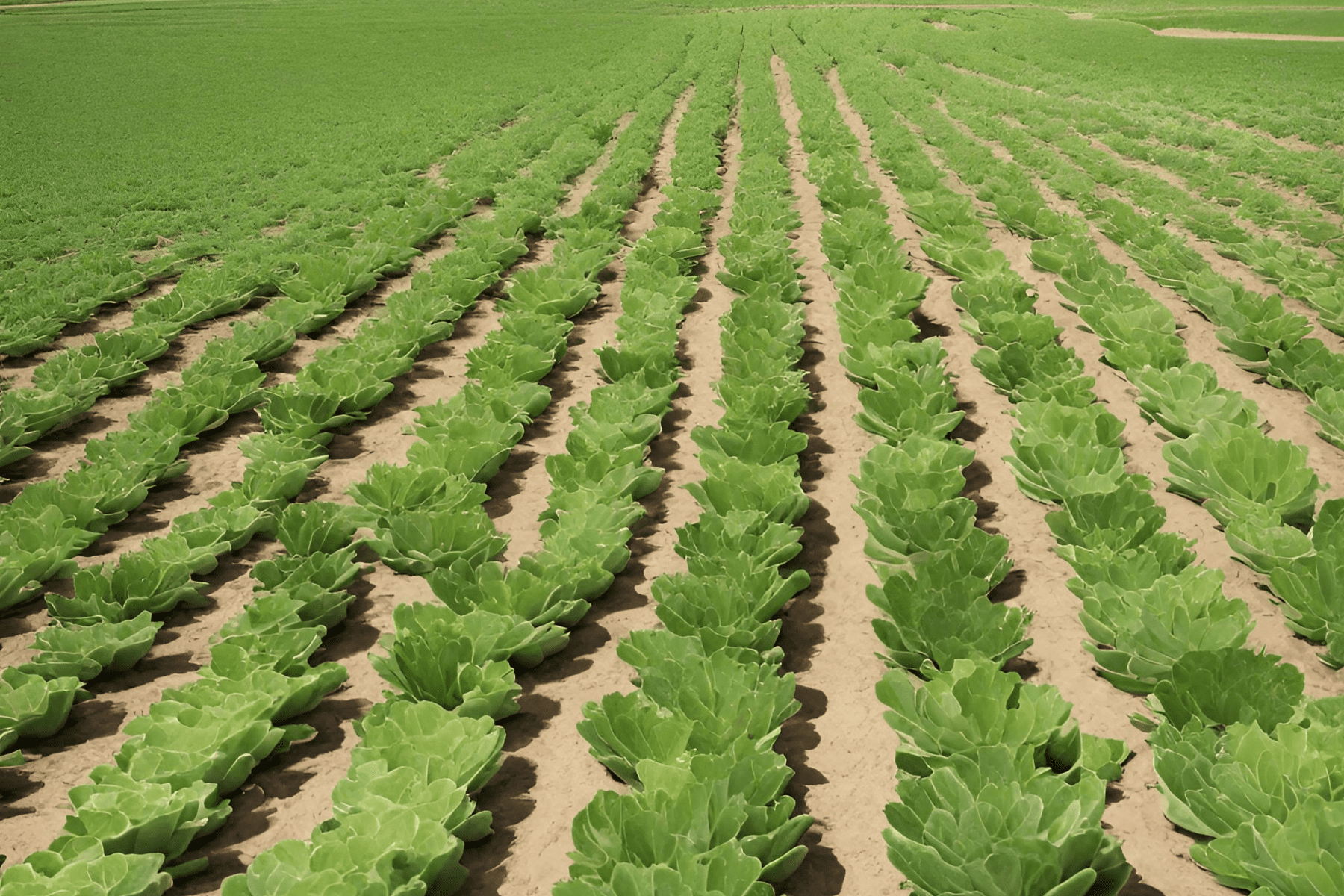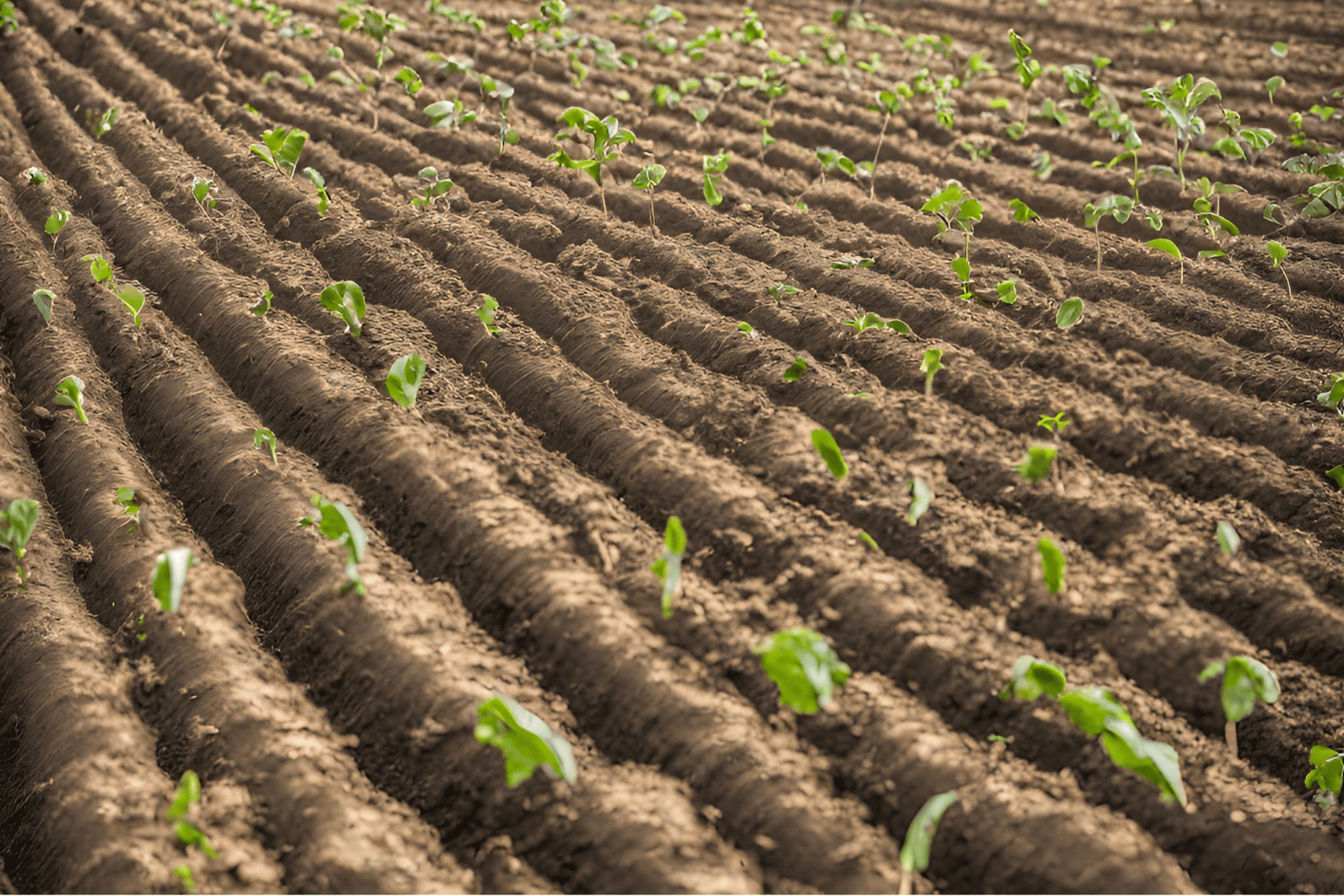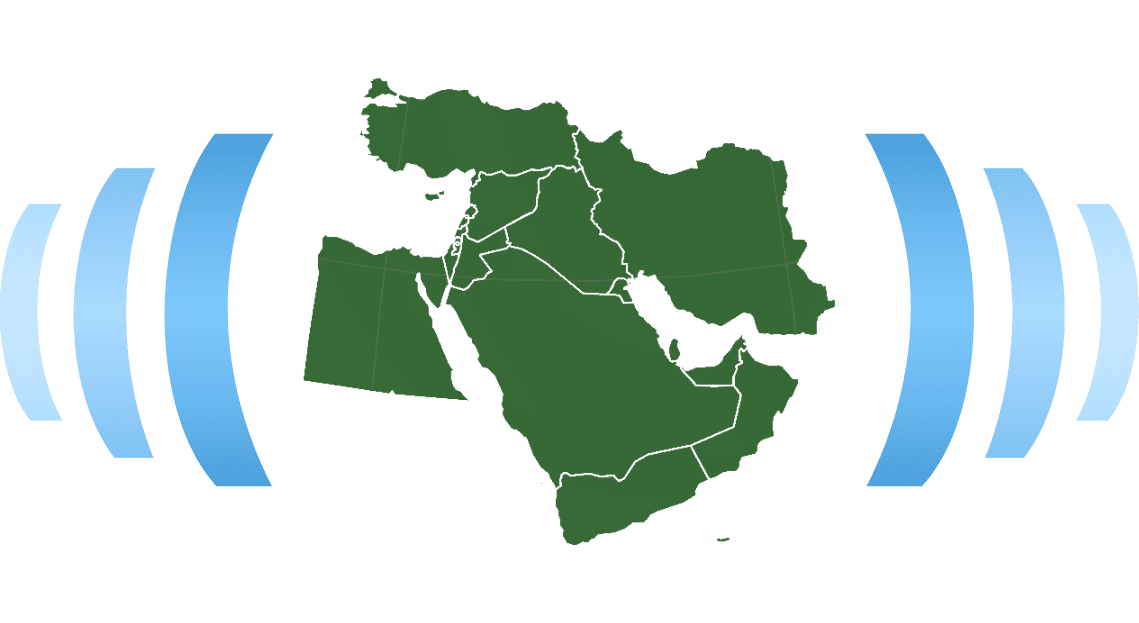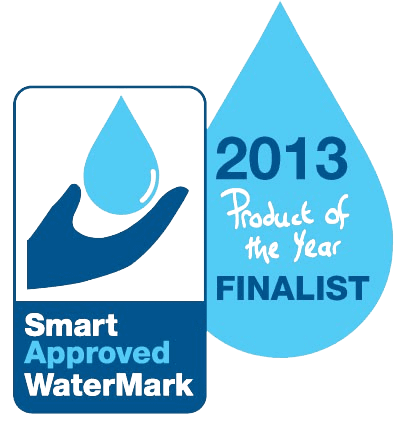REVOLUTIONIZING AGRICULTURE
Our Vision
Greening the Middle Eastern Deserts: Revolutionizing Food Production with Acclima's Sensor Technology.
Before:
1. Arid Deserts: Deserts are characterized by harsh environmental conditions, including limited water availability and extreme temperatures, making traditional agriculture unfeasible.

After:
1. Green Lands: By leveraging sensor technology, formerly arid deserts are transformed into lush green lands capable of supporting diverse vegetation and agriculture.


Before:
2. Limited Food Production: Due to the challenging conditions, food production in deserts is minimal, leading to food insecurity and reliance on external sources for sustenance.

After:
2. Increased Food Production: The implementation of sensor-driven agriculture results in a significant increase in food production, meeting the needs of local communities and reducing dependence on external sources.
Before:
3. Inefficient Water Management: Traditional irrigation methods are inefficient and wasteful, leading to the depletion of scarce water resources and further exacerbating desertification.

After:
3. Precision Water Management: Sensors enable precise monitoring of soil moisture levels and plant water requirements, facilitating efficient water management practices such as drip irrigation and reducing water wastage.


Before:
4. Environmental Degradation: Desertification and soil erosion are prevalent, leading to the loss of fertile land and biodiversity, exacerbating the impact of climate change.

After:
4. Ecosystem Restoration: Through sustainable agriculture practices facilitated by sensors, desert ecosystems are revitalized, promoting soil health, biodiversity, and resilience to climate change.
Before:
5. Costly Agriculture: Traditional farming methods in deserts require significant investment in water resources, fertilizers, and infrastructure, driving up production costs and limiting economic viability.

After:
5. Cost Savings: By optimizing water usage and reducing reliance on external resources, sensor-driven agriculture in transformed deserts results in significant cost savings for farmers. With precise water management and reduced inputs, the overall cost of production is significantly lower compared to traditional methods.

Sustainable Development Through Sensor-Driven Desert Transformation: Economic, Environmental, and Global Impacts
1. Economic Opportunities: The revitalization of desert lands creates new economic opportunities for local communities, including employment in agriculture, eco-tourism, and the production of specialty crops adapted to desert conditions.


2. Climate Resilience: By restoring vegetation cover and promoting carbon sequestration, sensor-enabled desert greening initiatives contribute to climate resilience by mitigating the impacts of desertification and reducing greenhouse gas emissions.
3. Technological Innovation: The successful transformation of deserts into green lands showcases the transformative potential of sensor technology in addressing complex environmental challenges and fostering sustainable development worldwide.


4. Global Inspiration: The success story of turning deserts into green lands inspires similar initiatives around the world, catalyzing a global movement towards sustainable land management and ecosystem restoration.



